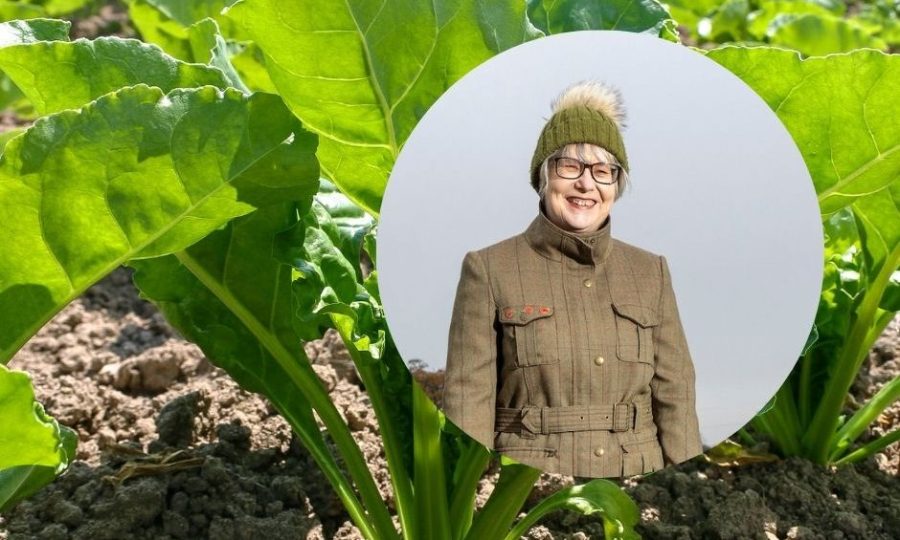British Sugar’s Pamela Chambers anticipates there will be fewer sugar beet growers in the future with varieties being the key to success.
She stresses that the industry has to remain competitive with other crops grown both in the UK and elsewhere in the world. “We must work together as an industry, it’s a small one for the UK and also compared with Europe.
“However, it’ll be interesting to see how varieties are allowed to develop, for example, the use of gene editing would allow traits to be introduced that’d be of benefit for pest, disease and weed control, as well as other criteria such as drought tolerance.”
Emerging threats
She highlights emerging threats such as beet moth and cercospora, but that the industry is likely to see more new pests and diseases which won’t be known until they arrive.
“Climate change is often quoted as bringing along new challenges – the most recent being SBR (syndrome basses richesses) which is an emerging disease within Europe and is now in eastern France. It’s caused by two bacterial parasites of plant phloem tissue and is transmitted by a cixiid plant hopper, Pentastiridius leporinus.”
Weed pressure
She also emphasises that weed pressure is of concern. “In my lifetime we’ve seen resistance issues increase and different weeds become a problem. We must learn from the mistakes made in the past and work together across the entire arable rotation, not just in sugar beet.
“Cover crops, game covers and wildflower margins are all potential sources of ‘new’ weeds on farm. Recent examples include barnyard grass, phacelia, hairy crabgrass, mugwort, amaranthus species and nutsedge, to name a few. These can be challenging and expensive to control and could become more prevalent,” adds Pamela.
“It’s likely that spot-spraying of herbicides – using less – in combination with mechanical weed control will become the norm, but government decisions will have a significant influence on the direction that we go in and how growers invest.”
Global marketplace
Pamela believes for all crops, customer demands will increase and as a result, the industry has to listen. “We’ll be competing with European and global producers so have to be aware of the direction they’re travelling – likely to be less reliance on plant production products while reducing the carbon footprint of production.”
She suggests that plant breeders will continue to be the main go-to for addressing such issues. “Used correctly, techniques such as gene editing could provide the answer to many problems.
“But we must make sure we don’t switch from one method to another without due consideration and data – we could be introducing short-term solutions but long-term problems. We have to ensure that policy makers and marketing departments don’t take over from robust scientific solutions.”
Supporting innovators
Pamela hopes that in the future, mavericks will be allowed to flourish. “Give people the opportunity to do strange and weird things and to have an opinion. To quote Albert Einstein: ‘Anyone who has never made a mistake has never tried anything new’.
“Similarly, we shouldn’t cut down the ‘tall poppies’ or over-criticise those who are being successful, rather observe what they’re doing and learn,” says Pamela.
Broadening horizons
Her advice for new entrants is to not dismiss historic information. “There’s a lot of excellent research which has been carried out and not all of it is available online. Source as much as you can because there’s a lot of wisdom in many of the old methods.
“Also, admit when you don’t know the answer or are unsure; during my career it’s been my network of friends and contacts who’ve helped me. It doesn’t matter who you work for, we should all be able to offer help and respect each other,” she concludes.
This article stems from CPM’s Arable Farming 2050 feature, which was written to celebrate the magazine’s 25th anniversary.




